Burundi’s fragile economy is under mounting strain as the gap between the official and parallel exchange rates continues to widen. At a recent high-level conference in the country’s economic capital Bujumbura, economists, government officials, and civil society leaders called for urgent and ambitious reforms to stabilize the country’s finances.
The gathering brought together experts and decision-makers to debate monetary and fiscal strategies at a time when economic instability is intensifying. Participants warned that without swift and coordinated action, the country risks sinking deeper into crisis.
Speaking at the event, Léonce Ndikumana, a professor of economics and leading specialist in African development, macroeconomics, external debt, and capital flight, emphasized the need for strict discipline in both monetary and fiscal management.
“Stabilizing the exchange rate will attract capital inflows, which in turn boost investment and exports, helping restore confidence in the currency,” he said.
Ndikumana criticized the government’s heavy reliance on central bank financing to cover budget deficits, saying it undermines monetary control. He also highlighted the risks of Burundi’s outdated cash-based payment system, which facilitates illicit transactions and weakens financial oversight.
“Carrying bags of banknotes to buy goods does not work,” he warned. “Digitalizing payments and fighting corruption are essential steps forward.”
A Long-Running Problem
Exchange rate concerns have been on the table for years. In March, President Evariste Ndayishimiye, during a meeting with business leaders, admitted that the lack of foreign currency was hurting the economy. He blamed what he called “internal sabotage” for worsening shortages, while rejecting calls to unify exchange rates, saying legalizing the black-market rate would be disastrous.
The economic expert, however, argued that government acknowledgment of problems is an important step toward solutions. “To design a policy, you need to know where you are going,” he said. “It is encouraging when the president openly admits challenges.”
He also pointed to tax evasion as a major drain on state revenues and called for the development of a vibrant interbank foreign exchange market. “Commercial banks should be allowed to handle foreign currency transactions—they exist precisely for commercial operations,” he insisted.
Government Response
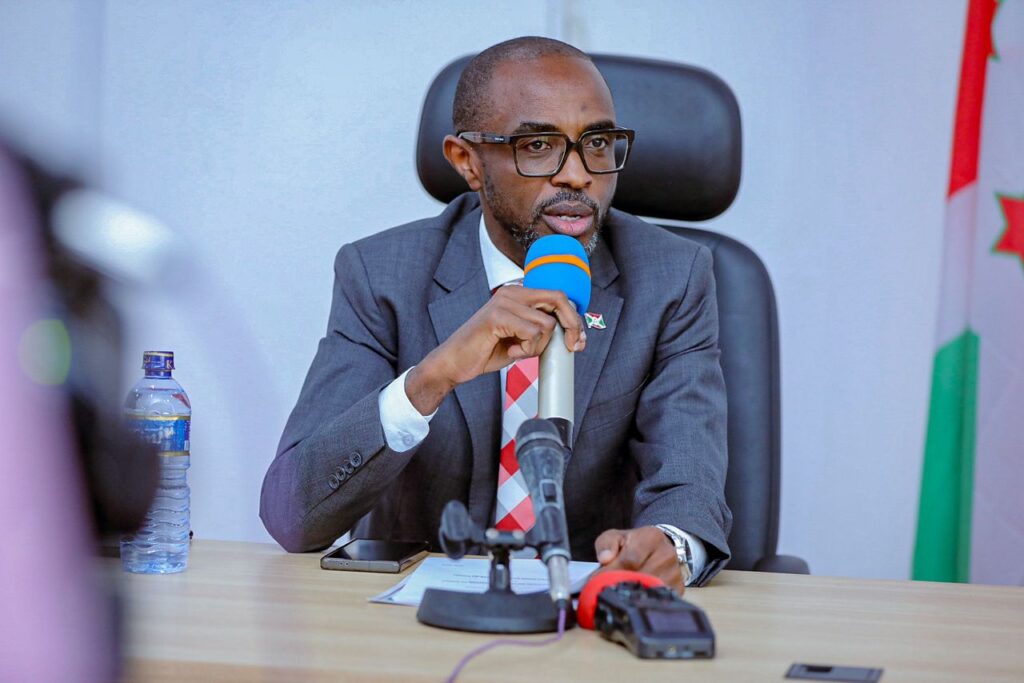
Finance Minister Alain Ndikumana acknowledged the difficulties but emphasized that reforms are underway. He noted measures such as ending the central bank’s seven-day refinancing facility, phasing out special refinancing for most growth sectors except agriculture and livestock, and adopting tighter monetary policy in 2023/2024.
According to him, these moves have already slowed money supply growth, with broad money (M2) dropping to 16.2% from 29.1% the year before, and M3 to 16.5% from 31.8%. He described the changes as part of efforts to modernize Burundi’s monetary framework.
Still, challenges remain. By March 2025, international reserves could cover only 1.4 months of imports, leaving the central bank with limited ability to cushion external shocks. “The gap between the official and parallel exchange rates continues to be a key driver of instability,” the minister admitted.
Yet the financial sector shows signs of resilience. By December 2024, the banking system’s solvency ratio stood at 18.6%, above the regulatory minimum of 14.5%, while non-performing loans fell to 3.7% from 5.7% in 2019.
Civil Society’s Perspective
Civil society voices warned that reforms must not lose sight of the daily struggles of ordinary Burundians. Faustin Ndikumana, head of the watchdog group PARCEM, argued that credibility is at stake if reforms fail to ease shortages of essentials such as fuel.
“You may talk about macroeconomics, but as long as consumers spend a week in line to buy fuel, these reforms will have failed,” he said.
Experts at the forum urged policymakers to avoid short-term fixes and instead tackle the structural causes of economic fragility.
“Spending energy on pretending the problem doesn’t exist only prolongs the crisis,” PARCEM’s leader cautioned. He emphasized the need to balance economic reforms with social objectives, warning that cheap solutions often prove costly when they compromise access to basic services.
The forum concluded with a call for collective responsibility in driving reforms, recognizing that restoring stability will require both political will and public trust.

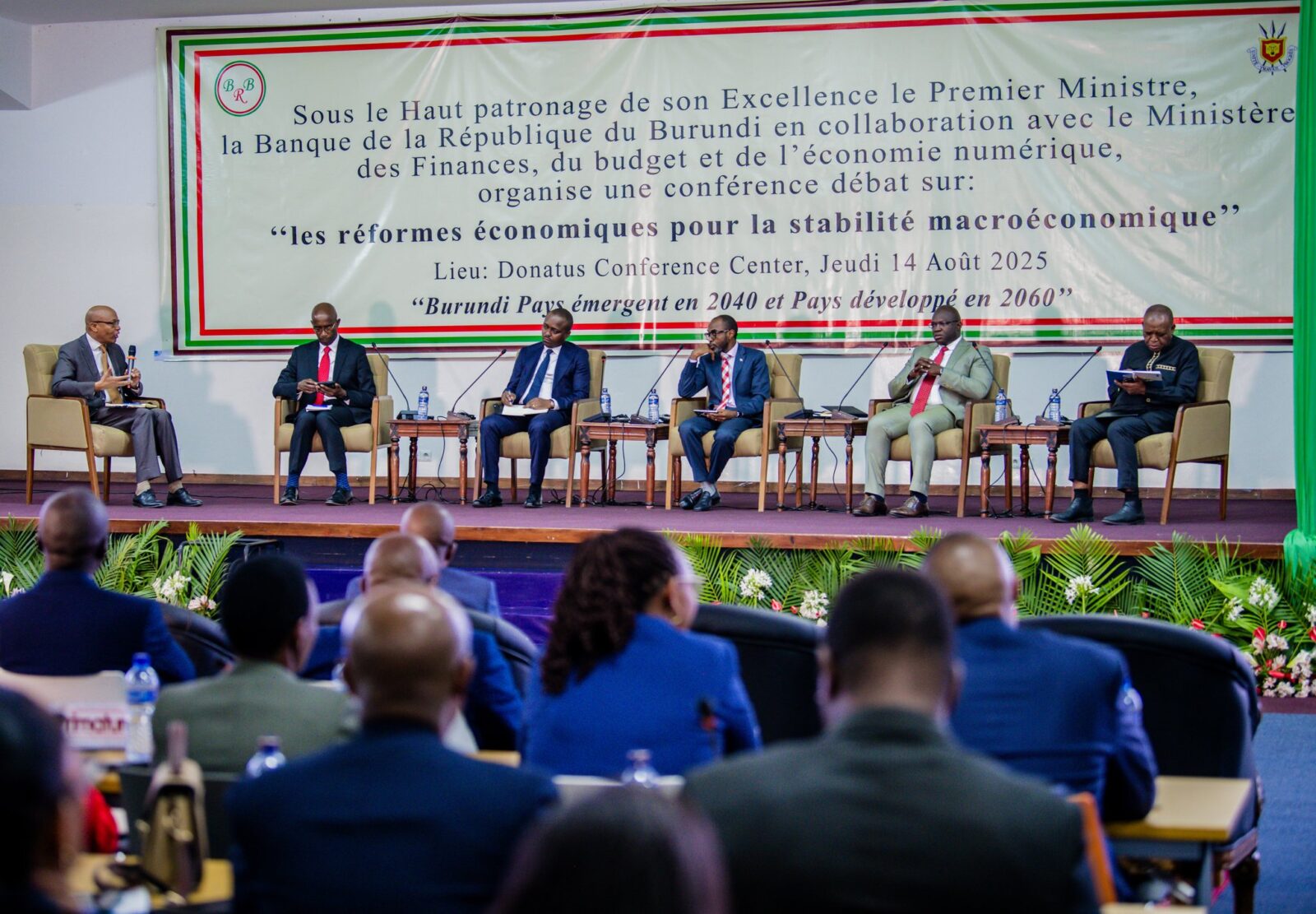
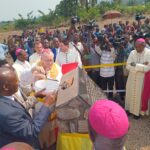
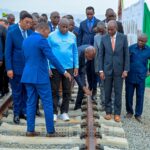
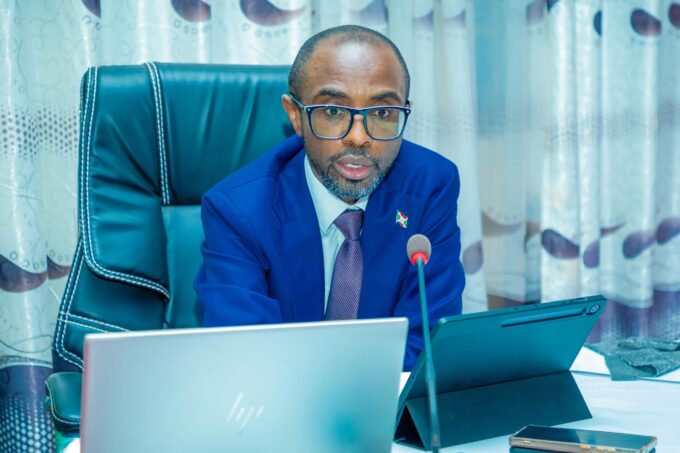
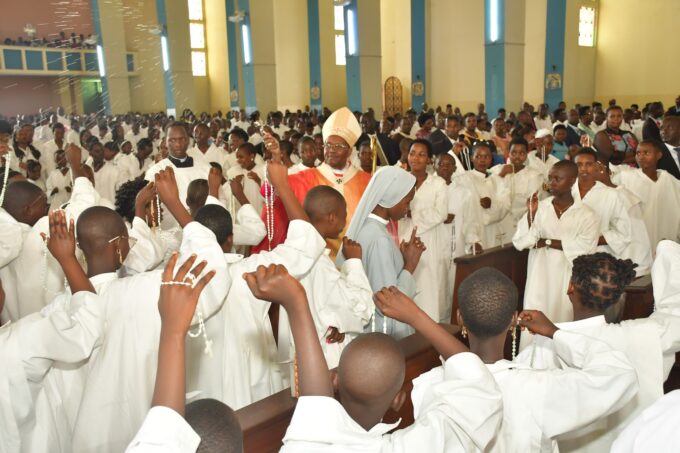
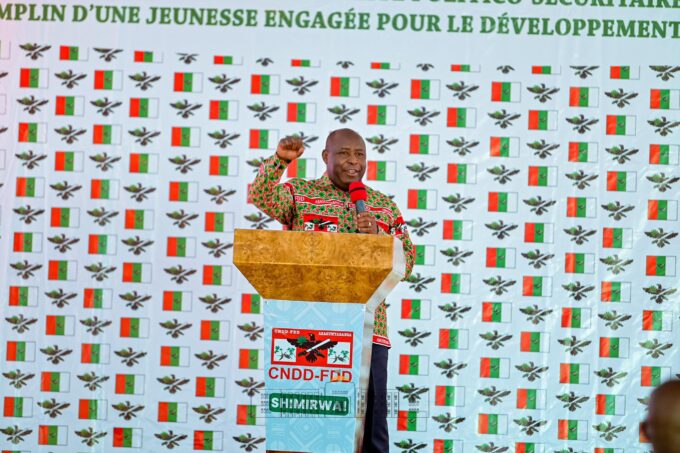
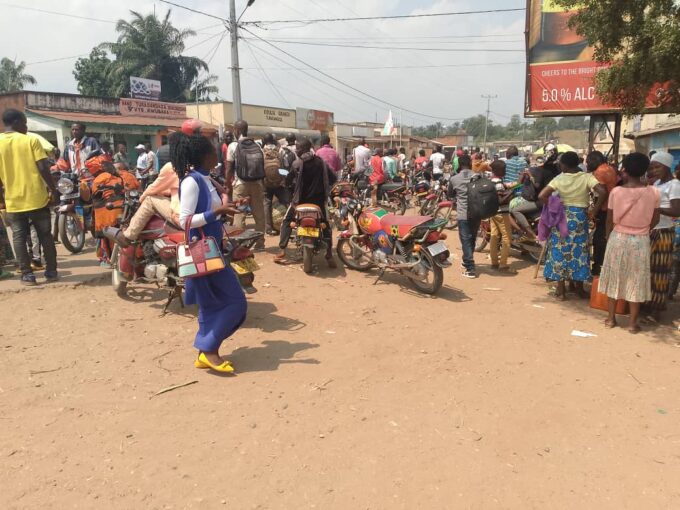
Leave a comment